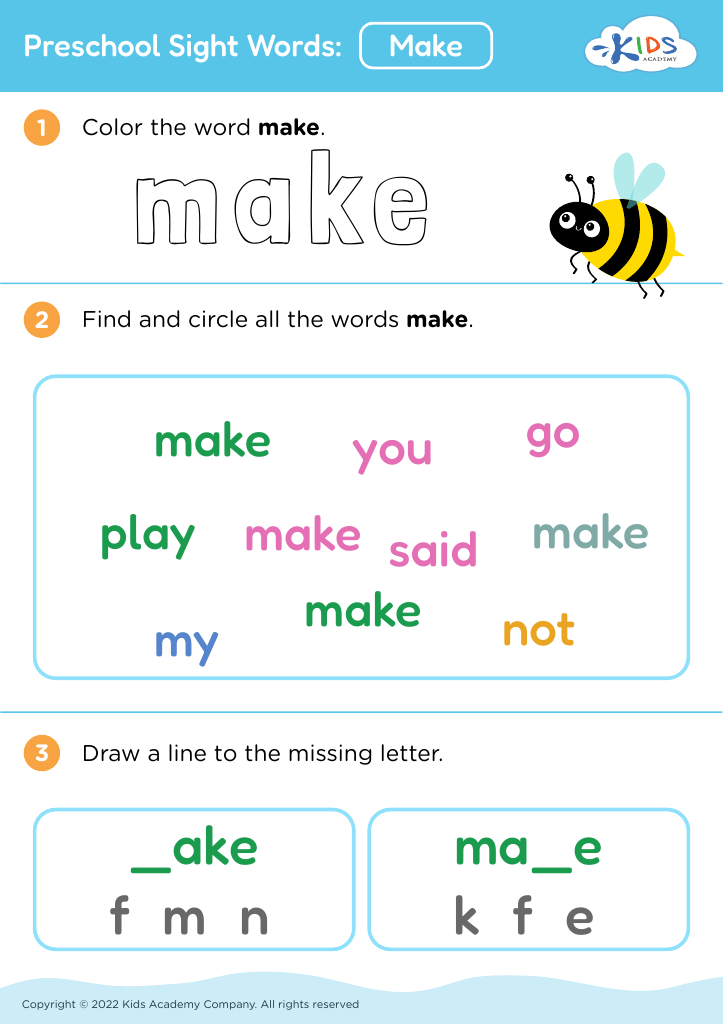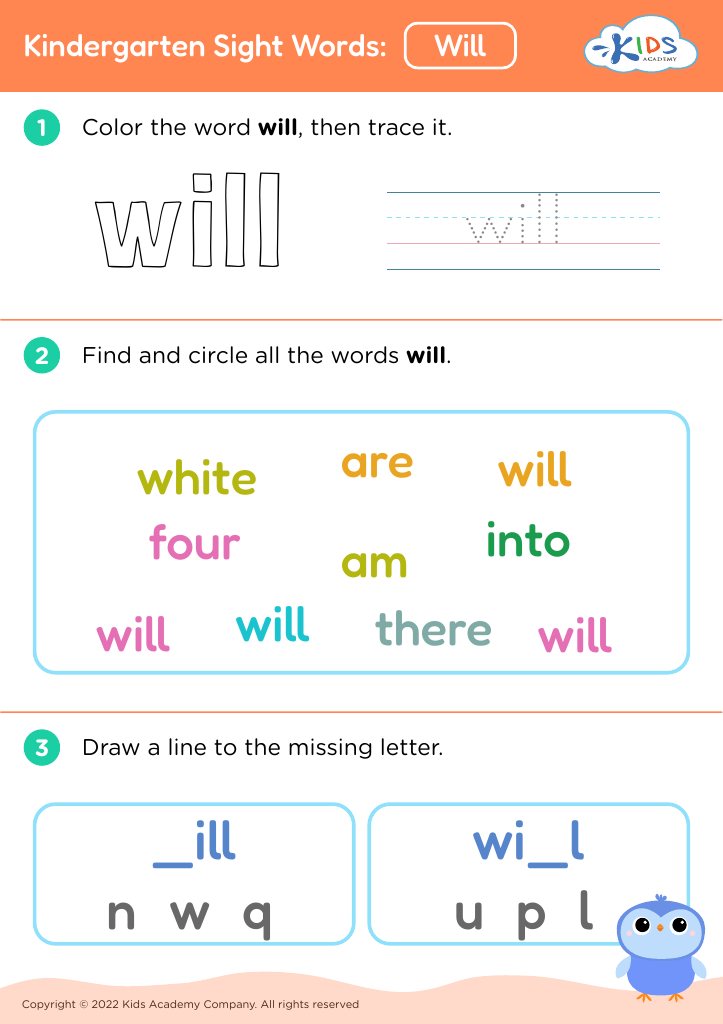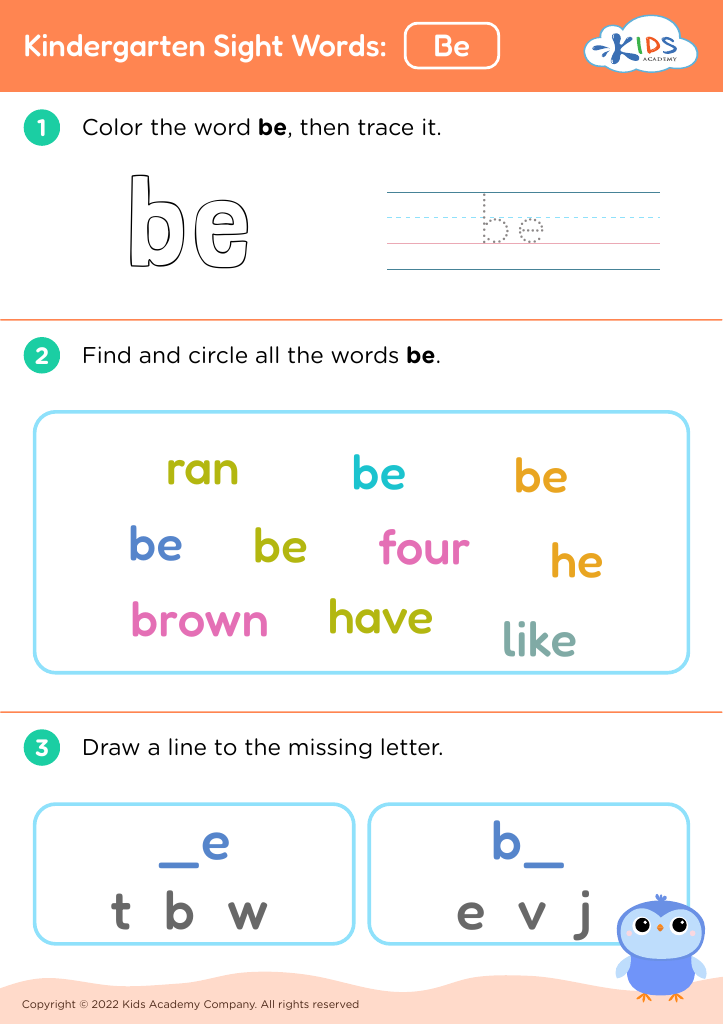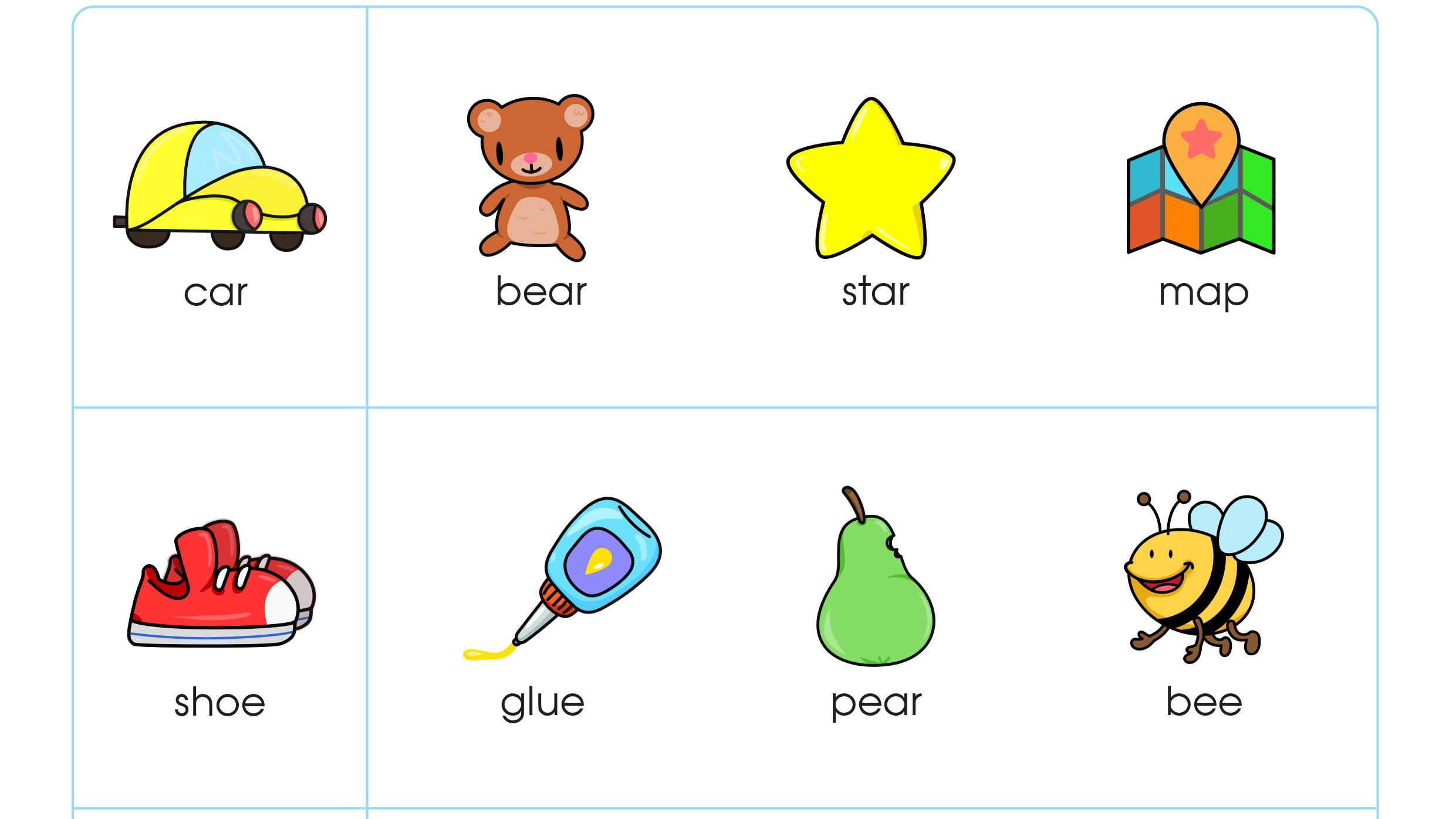Simplifying Fractions Reading Worksheets for Ages 4-5
3 filtered results
-
From - To
Welcome to our "Simplifying Fractions Reading Worksheets" designed specifically for ages 4-5! These engaging worksheets make learning fractions fun and approachable for young learners. Through colorful illustrations and interactive activities, children will grasp the concept of simplifying fractions in an enjoyable way. Our resource focuses on developing early math skills while fostering a love for numbers. Each worksheet encourages critical thinking and problem-solving, ensuring that kids build a strong mathematical foundation. Perfect for home or classroom use, our worksheets help prepare children for future math challenges. Explore our collection today and watch your child's confidence soar in simplifying fractions!
Simplifying fractions reading is an essential concept for children aged 4-5, as it lays the foundation for their understanding of numbers and basic mathematics. Parents and teachers should care about introducing this topic early on because young learners are naturally curious and receptive to new concepts, especially when presented in an engaging and age-appropriate manner.
Simplifying fractions helps children grasp the idea of parts of a whole, which is fundamental in developing their mathematical reasoning. It encourages critical thinking, as they learn to identify equivalent fractions and understand the relationships between numbers. Through interactive activities—such as using visual aids and manipulating objects—children can visualize fractions, making the learning experience more tangible and impactful.
Moreover, earlier exposure to these concepts fosters confidence in math, equips children with essential skills for future academic success, and helps them develop problem-solving abilities that transcend mathematics. This foundational knowledge not only supports their cognitive growth but also positively influences their overall attitude towards learning. By prioritizing simplifying fractions reading during their formative years, parents and teachers play a crucial role in shaping the student’s understanding of mathematics and ultimately their future engagement with the subject.



















